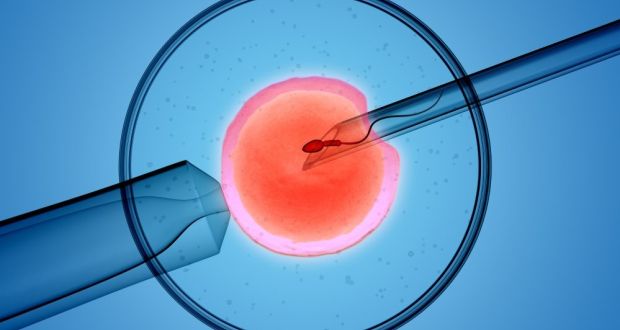What is IVF?
IVF is an abbreviation for In vitro Fertilisation. In vitro Fertilisation literally means ‘fertilisation in glass’, giving us the familiar term ‘test tube baby’.
IVF treatment is an option for many couples who cannot conceive naturally or through conventional therapies. IVF treatment may be used in case of fertility problems such as poor sperm quality and/or quantity, obstructions between the egg and sperm, ovulation problems, and sperm-egg interaction problems. IVF is one among such techniques which intends to help the infertile couple in conceiving. If you and your spouse confront any of the accompanying infertility issues, then IVF treatment in Ratnagiri Test Tube Baby & Fertility Research Center is the best choice.

How is it done?
The basis for the treatment is to produce as many eggs as possible instead of just one as happens naturally every month. To achieve this, the natural hormones need to be suppressed first. Then high doses of hormones are given to stimulate the growth of eggs.
The course of one treatment is approximately 5 – 6 weeks. The treatment starts 21 days after the last menstrual period, with daily injections of a hormone (lupride). In some cases a single (depot) injection can be used instead, with effect lasting for a month. This is to suppress the natural hormones concerned with ovulation. A menstrual period occurs usually within 7 – 10 days of injections.
The injections to stimulate the ovaries are then given daily, for approximately 10-12 days. The response is monitored by doing ultrasound scans and blood tests regularly. The eggs cannot be directly seen on the scan. But the follicles in which they grow are seen easily. Once they reach the appropriate size, another injection (HCG) is given to mature the eggs. The eggs are then collected 36 hours later using a trans-vaginal ultrasound and a fine needle. This procedure is not very painful and requires only some sedation. After the eggs are collected, they are kept in a special fluid (Culture media) in the incubator.
Around the same time as egg collection, a semen sample is the husband is asked to provide a semen sample. Once the sample of sperm is prepared, a few thousands of sperms are released near each egg, placed in a culture dish. After an overnight incubation, they are checked to ensure fertilisation. Then embryos are incubated for a further day or two and checked at regular intervals to assess their development.
Two to three days after the collection of eggs (at times five days), the embryos are put back inside the uterus. Following this we have to wait for about 15 days to know the result of the treatment.
Many couples can benefit from IVF treatment including:
- Male factor infertility
- Fallopian Tube Problems (including tubal blockage, damage, or previous ligation)
- Pelvic Adhesion’s
- Advanced Female Age (over 38 years old)
- Severe Endometriosis
- Reduced ovarian reserve (low quality or quantity of eggs)
- Two to six failed cycles with ovulation induction and insemination
- Unexplained Infertility
- Polycystic Ovarian Syndrome (PCOS) who have failed conventional treatment
The number of couples who opt for IVF has been increasing day by day. IVF has become one of the proven and reliable techniques of assisted reproduction.
If you have any problems related to pregnancy, feel free to contact us
We are always available to answer your questions
